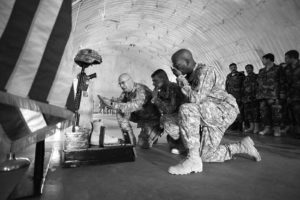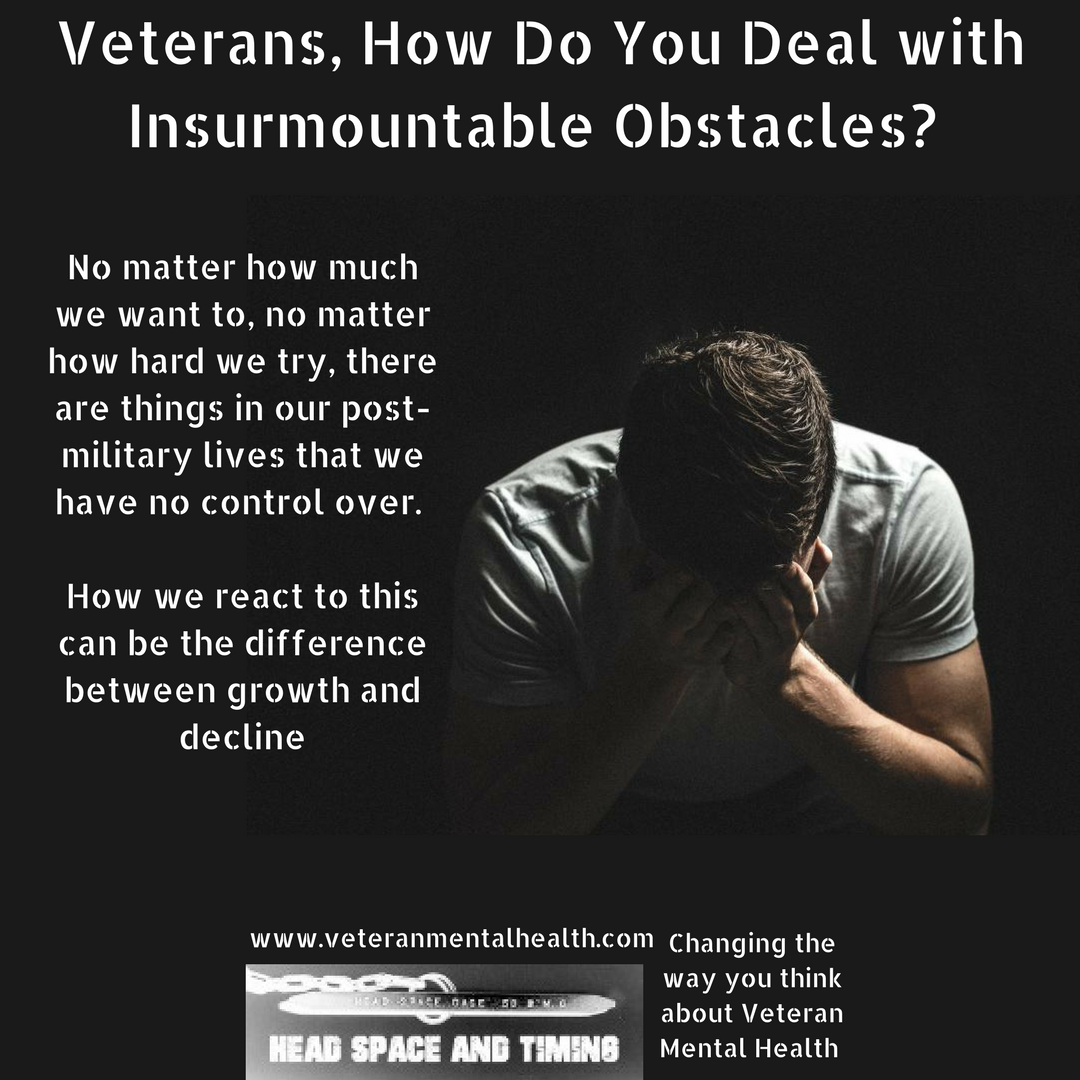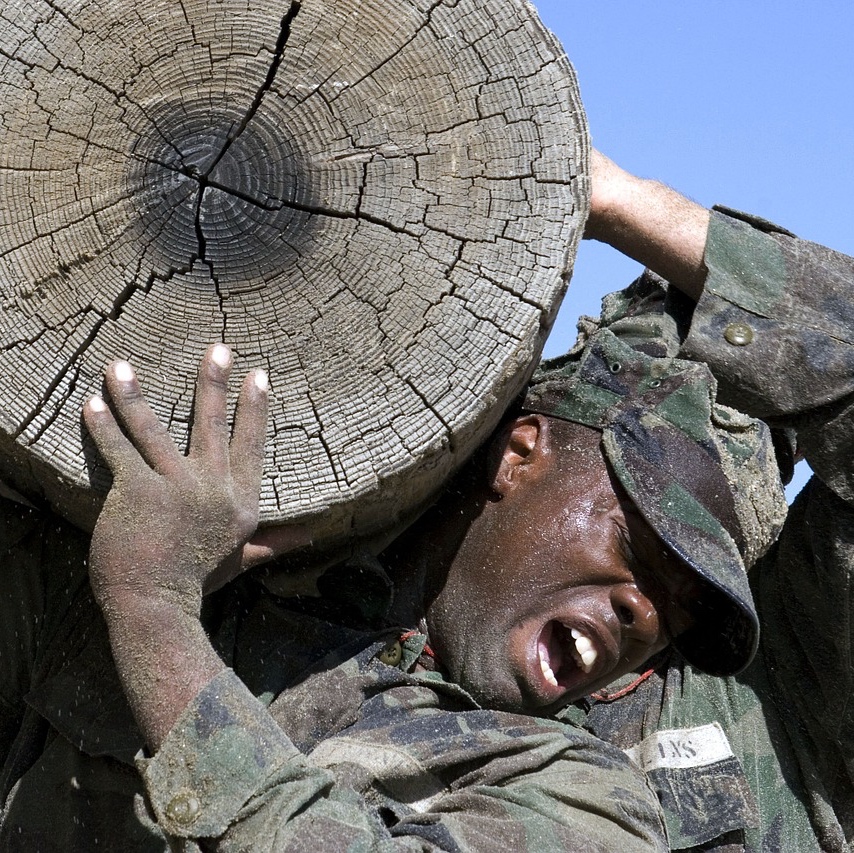
If there’s one thing that veterans are familiar with, it’s loss. Sacrifice, by its definition, is to accept loss, and sacrifice is what veterans do. We leave our families behind when we join the military. We leave the familiarity of our environment. When we are in the military, more change, more loss. Moving to a new duty station every three years. Leaving family behind to deploy. Leaving bonds of brotherhood built during deployment to return to family. It’s an unfortunate fact that relationships suffer, and often rupture beyond repair.
The biggest loss that veterans experience is the loss of their fellow service members. The loss of that brother or sister that they served with. Those who remain behind mix grief and guilt. This happens so much that the veteran doesn’t know where one ends and the other begins.
I had many such losses while in the military, and handled them in different ways. I had a leader in my company who lost her battle with cancer. There was grief there, of course, but no personal guilt. It was the cancer that took her, not me, not us. Another Soldier in the unit died in an accident. His military vehicle on the side of the road, and a German truck driver fell asleep at the wheel and hit him. Again, grief, but the responsibility of that Soldier’s death was on the one who caused the accident.
Other deaths are more complicated, and that’s where survivor’s guilt comes in. Veterans often feel that they’re responsible for the death of their brother or sister. They feel that they could have prevented it in some way. A common reason is that the veteran should have been at one location but swapped with another. Medics drew straws to see who goes on which mission, and one of them is killed. A gunner moves from one turret to another, or one vehicle to another, and the one who replaced them is killed.
Remorse after loss doesn’t have to just happen in combat. Harsh words exchanged can keep the words lingering in the mind of the one left behind. “If only I had…” becomes what the veteran says to themselves. Veterans somehow convince themselves that saying something would somehow have made a difference. Veterans feel this when they hear of yet another veteran suicide: “what more could I have done?”
The challenge with survivor’s guilt is that the assumptions that we make are often not correct. Humans have a need to assign responsibility to someone for a painful loss. We often assign that responsibility to ourselves rather than to those who are actually at fault. We say to ourselves that we “should” have done something. That our actions contributed to the loss.
Sometimes, we need to address the fact that the loss occurred. By maintaining guilt over the event, veterans might never come to the point of acceptance. We will continue to bear a burden that was not meant for us, because no one said we must or we should bear it but ourselves.
Another aspect of looking for who is to at fault for an event is forgiveness. Forgiveness is important to share with others, if we actually do forgive. Forgiveness is more important to us. Assume for a moment that you find who is responsible for a friend’s death…what does it benefit you to harbor hate and anger for that person? What if, and this is a hard lesson, the person responsible for your friend’s death is….your friend?
This is a challenging thought. Forgiving those who caused loss. This is part of the grieving process, and one that many veterans refuse to accept. Doing so, though, can bring an end to the anger, the guilt, the shame. Acceptance can bring peace.
Did you enjoy this post? Please comment below and share with your network in order to join the conversation regarding veteran mental health. You can sign up for updates from Head Space and Timing and follow Duane, a combat veteran and mental health counselor, on Facebook, Twitter and LinkedIn.


